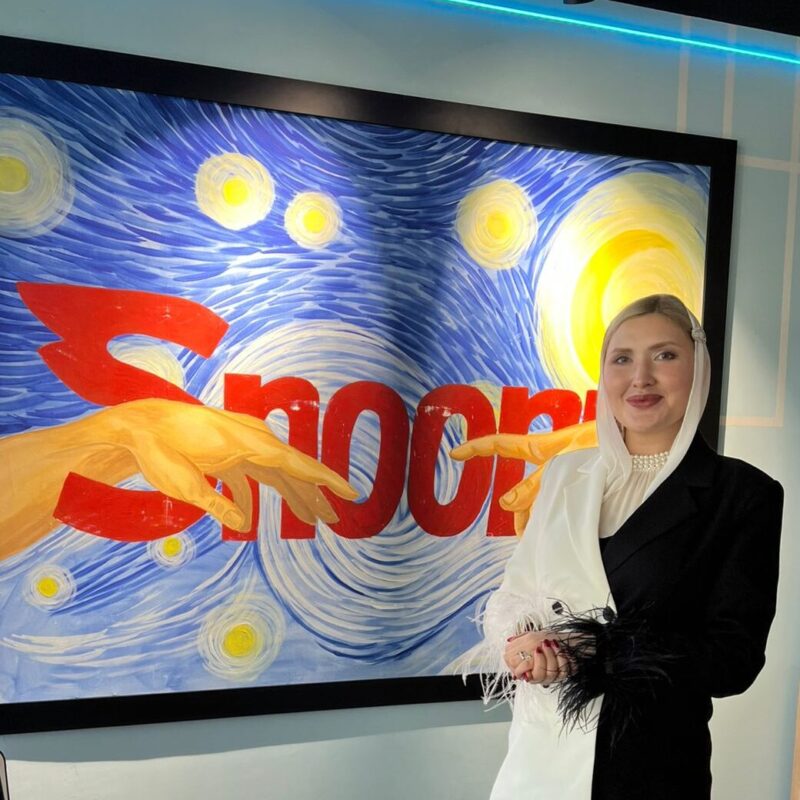Fake Liberty vs. Conscious Liberty
In a world where freedom is celebrated as a fundamental right, the question arises: are we truly free, or are we living under the illusion of liberty? The concept of freedom has been diluted, often reduced to superficial expressions that distract us from its deeper meaning. This article explores the difference between fake liberty and conscious liberty, challenging us to redefine what it means to be genuinely free.
Fake Liberty: The Illusion of Freedom
Fake liberty thrives in a world where appearances dominate substance. It manifests in the following ways:
01. Freedom Without Responsibility
Many mistake the absence of rules for freedom. Whether it’s in speech, behavior, or self-expression, this mindset disregards the consequences of actions. For example, online bullying, toxic content, or suggestive visuals are often excused under the guise of “freedom of expression.” But is it truly liberating to harm or mislead others for the sake of personal gratification?
02. Conformity in Disguise
Fake liberty often pressures individuals to conform to trends marketed as “freedom.” From hypersexualised media to curated online personas, people are encouraged to follow rather than think critically. This false autonomy traps individuals in cycles of validation-seeking and comparison, far from true liberation.
03. Short-term Pleasures, Long-term Costs
Fake liberty focuses on instant gratification. It dismisses moral consciousness, emphasising indulgence over introspection. However, true freedom requires long-term growth and alignment with ethical values—not fleeting pleasures.
Conscious Liberty: The Essence of Freedom
Conscious liberty, on the other hand, is rooted in self-awareness, morality, and responsibility. It empowers individuals to act authentically while respecting the boundaries of others.
01. Freedom with Responsibility
Conscious liberty understands that freedom is not about doing whatever one pleases—it’s about making choices aligned with personal values and social ethics. It emphasises accountability, fostering respect and mutual understanding in relationships, communities, and online spaces.
02. Liberation Through Morality
A liberated self knows that freedom doesn’t mean discarding morality—it means embracing it with a conscious understanding of its purpose. Whether in how we express ourselves or engage with others, conscious liberty reflects integrity and intentionality.
03. Social Intelligence as a Foundation
Navigating today’s mediatic world requires social intelligence: the ability to understand and navigate human dynamics thoughtfully. Conscious liberty values empathy, critical thinking, and the ability to discern what truly liberates from what simply entertains.
The main question to ponder upon is:
How Free Are You?
Freedom is more than a right; it is a responsibility. To live consciously free, one must reject the superficial allure of fake liberty and embrace the discipline and mindfulness that conscious liberty demands.
The honest and enlightening answers lie in the following questions. Ask yourself:
• Do my choices align with my values, or am I chasing trends and external validation?
• Am I using my freedom to uplift myself and others, or am I causing harm, knowingly or unknowingly?
• Do I understand the weight of my freedom and its impact on the world around me?
True freedom is not found in indulgence or rebellion; it is cultivated through self-awareness, morality, and a conscious effort to build a better world.
The liberty you choose shapes the life you live. Choose wisely.
Author: Ruba el-Amine
Founder & Creative Director, BEIRUT x COLLECTIVE
Conscious Liberty Advocate











